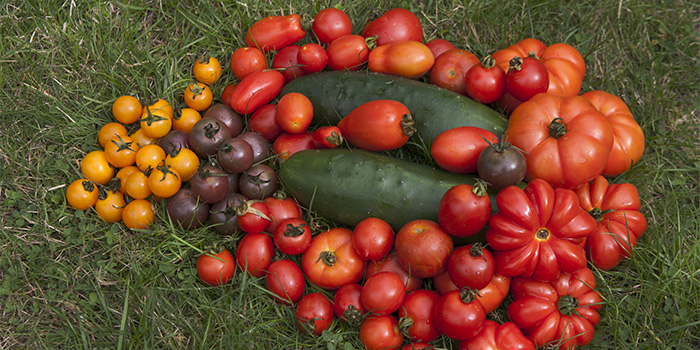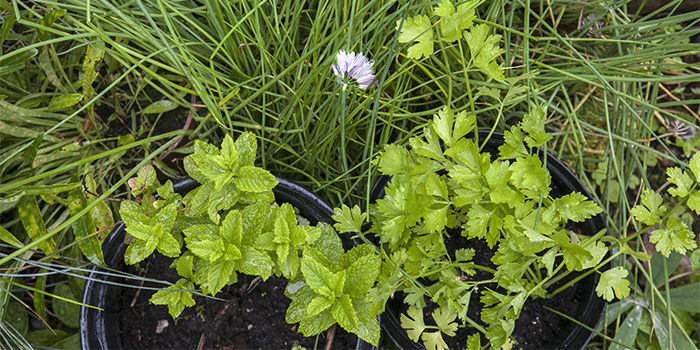Everyone has different reasons for wanting to have an allotment, but for most, it’s the prospect of growing your own fruit and vegetables which appeals. “They taste different” is the comment allotment holders get most when their friends and neighbours try their tomatoes or strawberries or potatoes.
Or “I’ve never seen that variety in the supermarket”.
And it’s true – there’s many types of fruit and vegetable you just can’t buy, but you can get them from companies that specialise in selling seeds and plants. The varieties available through these are infinitely more variable than what you can buy in the shops and there are new ones being developed all the time.
For example, in the Kings Seed catalogue, there are 47 types of tomatoes, 35 types of peppers and chillis and 10 varieties of strawberry! Other companies which operate on-line sales specialise in fruit, flowers, roses, the list goes on, and if you have a need or taste for specific vegetables, an allotment is ideal for providing an on-going source.

Ward End Gardeners Association is affiliated to the National Vegetable Society (NVS) and National Society for Allotment and Leisure Gardeners (NSALG) and through these, we can get discounts on seeds and plants from suppliers like Kings Seeds, Suffolk Herbs and DT Brown Seeds.
For more information on companies which sell plants, go to the Links page
There’s many other benefits from growing and eating your own fruit and veg:
- You decide what chemicals, if any, go into producing them – with shop-bought ones, you don’t know what sprays have been used
- It’s more environmentally friendly – food grown close to home, no unnecessary travel and packaging, eating things when they are in season
- Once you’re set up and producing in quantity, it will be cheaper to keep your family well-fed than if you rely on shop-bought fresh food, especially if you like more expensive items like raspberries
- If good health comes from good food and exercise, you’ll get lots of that from growing your own, plus mental health benefits – destressing, and being outdoors with nature
Important note: Council rules prohibit the use of Allotments for commercial production of plants and crops for sale, but there’s nothing to stop you sharing what you grow with family, friends and neighbours. Especially for pensioners and people without an income of their own, it’s a good way to make a contribution to your community.
Plants have many uses – food, medicinal, cosmetic, household, practical and adornment. On this website, we’re happy to include ideas and recipes from members who grow for any of these purposes. This usually happens when people try out something made from a neighbour’s allotment and want to make it themselves.
There’s lots of information on the internet and in books if anyone wants to find out more about a particular plant’s uses or how to grow something you want lots of.

Storage and Preservation of allotment produce
A lot of what we grow all ripens at the same time, so it’s difficult to become self-sufficient in the things we eat all year round – unless they store well or we can think of ways to preserve them. So, to make the best use out of your plot, you need to think about this when you decide what to grow. My criteria for growing things includes:
- Do I and my family like eating them?
- Are they not too difficult to grow?
- Do they taste better than shop bought ones?
- Are they quite expensive in the shops?
- If we produce too much at once, will they store well?
- Can they be easily preserved and have we got room eg in the freezer?
- Can I do interesting things with a glut eg make jam – and will anyone want to eat this!
Again, there’s many sources of information about how to store your produce:
One little book worth getting hold of is called ‘How to Store your Garden Produce’ by Piers Warren (Green Books 2013, available in paper, EPub, pdf and Kindle format). He’s an organic gardener, so it’s just the job for people who are aiming to avoid chemicals on their food and look after our environment.
